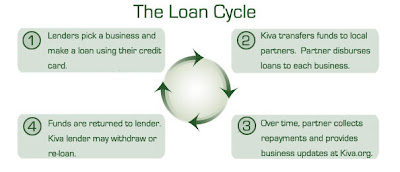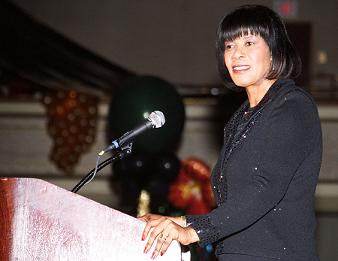Moving Away from A Lack of Common Sense
I can't speak for those Jamaicans who move back from Canada, England or other place, but there is a certain common-sense that , moving to Jamaica has brought me that did not exist in the U.S.
Living in America has a certain simplicity to it, and newcomers quickly learn that there is a standard explanation that is given for any and everything -- "it's all about money." This logic is pretty much unquestioned, and it leads to some strange behaviours (if it is true.)
Seen from the outside, it actually looks depressing. When I read articles like this one entitled "States Making it Easier for Doctors to say 'I'm Sorry" When Things Go Wrong" from here in Jamaica, I wonder how I used to live so easily in a society with an unquestioned commitment to make a lot of money, as quickly as possible.
A Move Back to Jamaica brings with it a certain kind of common-sense, a return to a life that is more simple and more immediate. Case in point: the advice that your mother gave you to "Say Sorry" makes sense again.
Read more!














